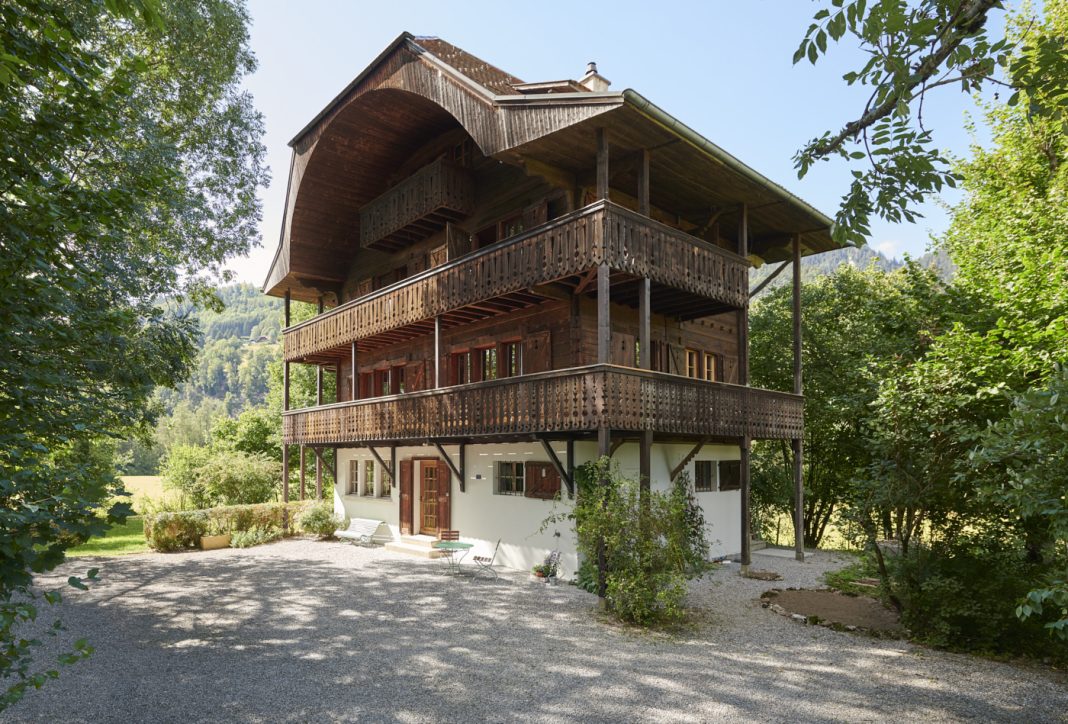Title: The Controversial Meeting: Assessing the U.S. General’s Engagement with a Notorious Warlord in Libya
Introduction:
In late August, General Michael Langley, the top-ranking U.S. military commander in Africa, embarked on a series of meetings in Libya to enhance cooperation between the U.S. and the nation. One of these meetings was with Field Marshal Khalifa Hifter, the leader of the Libyan National Army (LNA). However, the omission of Hifter’s notorious reputation as a “warlord” in the official announcement raises concerns. This article delves into the complex relationship between the U.S. and Hifter, shedding light on his alleged war crimes and human rights violations.
Hifter’s Troubled Past and Allegations of Abuses:
Hifter’s history dates back to the late 1980s when he joined a U.S.-backed group seeking to overthrow Libyan autocrat Muammar Gaddafi. After a failed coup attempt, Hifter and his men were evacuated to the United States, where he resided for two decades. Following the 2011 revolution and NATO intervention that toppled Gaddafi, Hifter resurfaced with a renewed ambition to seize power in Libya.
In 2014, Hifter declared a military coup against the Libyan central government, which ultimately failed. However, his fortunes changed when he launched a campaign against Islamist militant groups in the eastern half of the country. While Hifter gained a reputation for combating terrorists, critics questioned his true motives, suggesting that his actions were a calculated effort to gain favor, including with the United States.
Allegations of war crimes, crimes against humanity, and gross violations of human rights have plagued Hifter and his LNA. Reports from reputable organizations such as Amnesty International and Human Rights Watch have documented indiscriminate strikes, torture, summary executions, and desecration of corpses by fighters affiliated with Hifter. The U.S. State Department’s report on human rights in Libya also highlighted widespread allegations of abuses committed by the LNA.
The U.S. General’s Controversial Engagement:
General Langley’s visit to Libya, including his meeting with Hifter, is the latest chapter in America’s complicated relationship with the warlord. Langley’s predecessor, General Stephen Townsend, had strongly criticized the LNA, labeling it a destabilizing factor and accusing it of prolonging the conflict with the help of Russian-linked mercenaries from the Wagner Group.
However, Langley’s approach appears to differ from his predecessor’s. By treating Hifter on par with members of Libya’s legitimate government, Langley has raised eyebrows. When questioned about Langley’s response to Hifter’s request for closer ties with the U.S., AFRICOM refused to comment, leaving room for speculation.
The Role of External Backers and U.S. Involvement:
Throughout Hifter’s rise to power, he has received support from various external actors, including Russia, Egypt, Saudi Arabia, and the United Arab Emirates. While the U.S. initially denied aiding Hifter’s forces, retired Army Brig. Gen. Don Bolduc revealed that under the Obsidian Lotus program, U.S. commandos trained and equipped Libyan proxies who became elite troops within the LNA. This raises questions about the extent of U.S. involvement and its implications.
Conclusion:
The meeting between General Langley and Field Marshal Khalifa Hifter in Libya has sparked controversy due to Hifter’s notorious reputation as a warlord and the allegations of war crimes and human rights abuses against him and his LNA. The U.S.’s complex relationship with Hifter, including past support and current engagement, raises concerns about its commitment to human rights and stability in Libya. As the situation continues to evolve, it remains crucial to monitor the actions and consequences of such engagements to ensure accountability and justice prevail.

